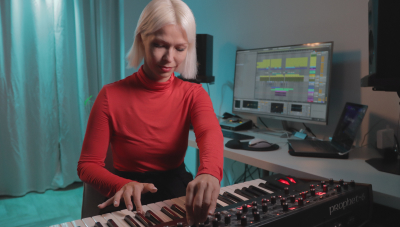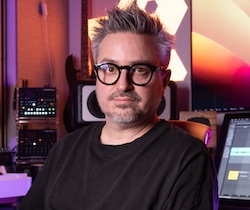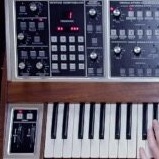Pitch is a fundamental element in music that refers to the perceived highness or lowness of a sound. It is an essential component of melody, harmony, and rhythm, and it plays a crucial role in the emotional impact and overall quality of a musical performance.
One of the most significant aspects of pitch in music is its ability to convey meaning and emotion. Different pitches can evoke different moods and feelings, from the uplifting and joyful to the sombre and melancholic. For example, a higher pitch can often convey a sense of excitement or elation, while a lower pitch can suggest sadness or seriousness.
Pitch in Melody and Harmony
Pitch is also critical to melody and harmony, which are two of the primary building blocks of music. Melody is the sequence of pitches that form a musical line or tune, while harmony is the combination of pitches played together to create chords and tonal structures. In both cases, the specific pitches chosen by a composer or performer can have a significant impact on the overall mood, atmosphere, and impact of the music.

Pitch in Bass
In 4×4 music, the bass and beat elements play a crucial role in creating a foundation for a piece. The bass provides the lowest frequencies in a composition, often reinforcing the harmonic structure and providing a sense of stability and grounding to the music. Pitch is also important in the bass, as the specific notes played can greatly affect the overall feel and impact of the piece. For example, a bassline that emphasizes lower pitches can create a darker, heavier sound, while a bassline that emphasizes higher pitches can create a more upbeat, lively feel.
Pitch in the Beat
The beat, on the other hand, refers to the rhythmic pulse or groove that drives the music forward. The timing and tempo of the beat can significantly impact the emotional impact and overall feel of the music. Pitch can also play a role in the beat, particularly in genres like electronic dance music (EDM) or hip hop, where the beat may feature melodic elements that add to the overall texture and energy of the piece. So if you’re looking for some extra knowledge and information on Pitch Shifting devices, we recommend you check out these 6 amazing Pitch Shifter plug ins here to up your skills as a music producer.
In conclusion, pitch is an essential component of music that affects everything from the emotional impact of a performance to the technical aspects of melody, harmony, and rhythm. By understanding the importance of pitch and learning how to use it effectively, musicians can create more expressive, powerful, and memorable music that resonates with listeners on multiple levels.
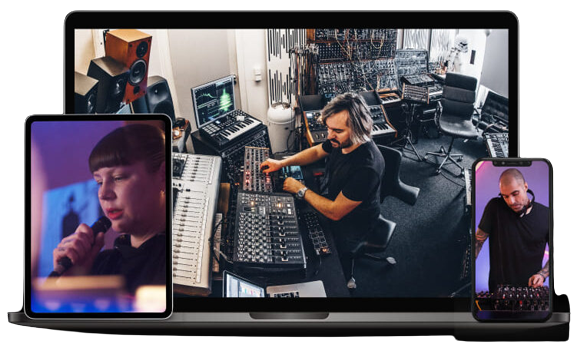
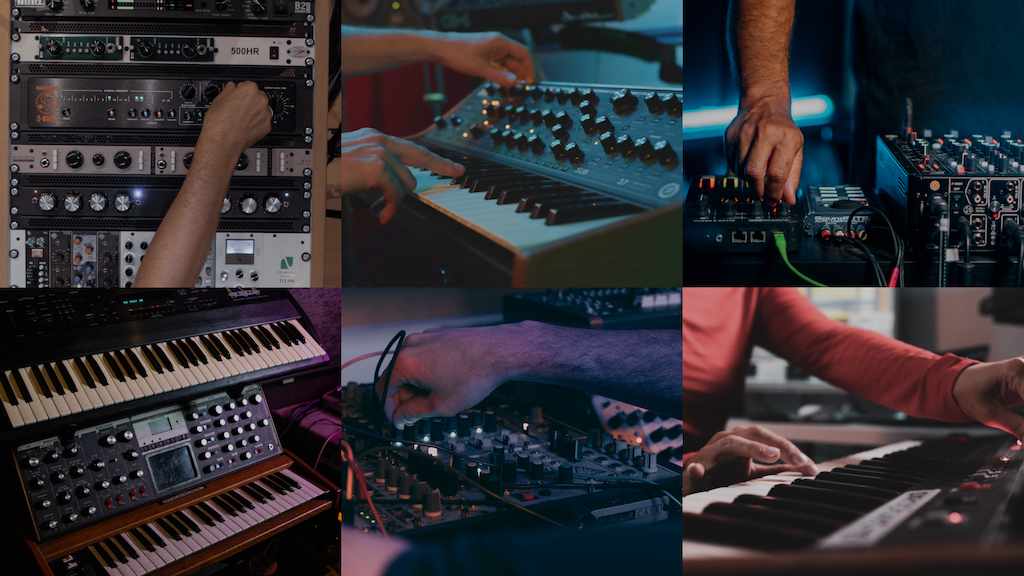
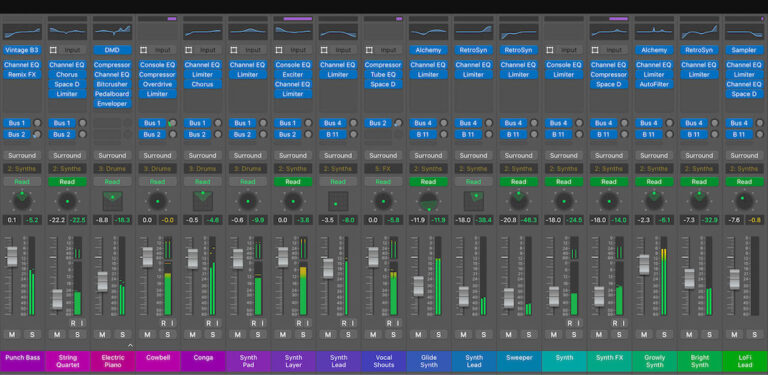
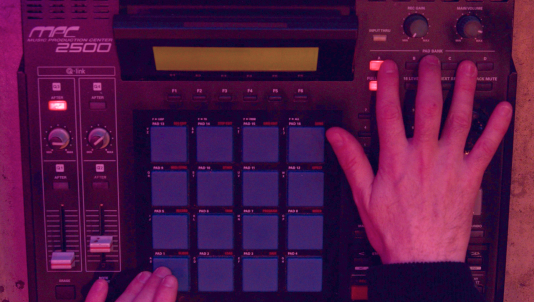

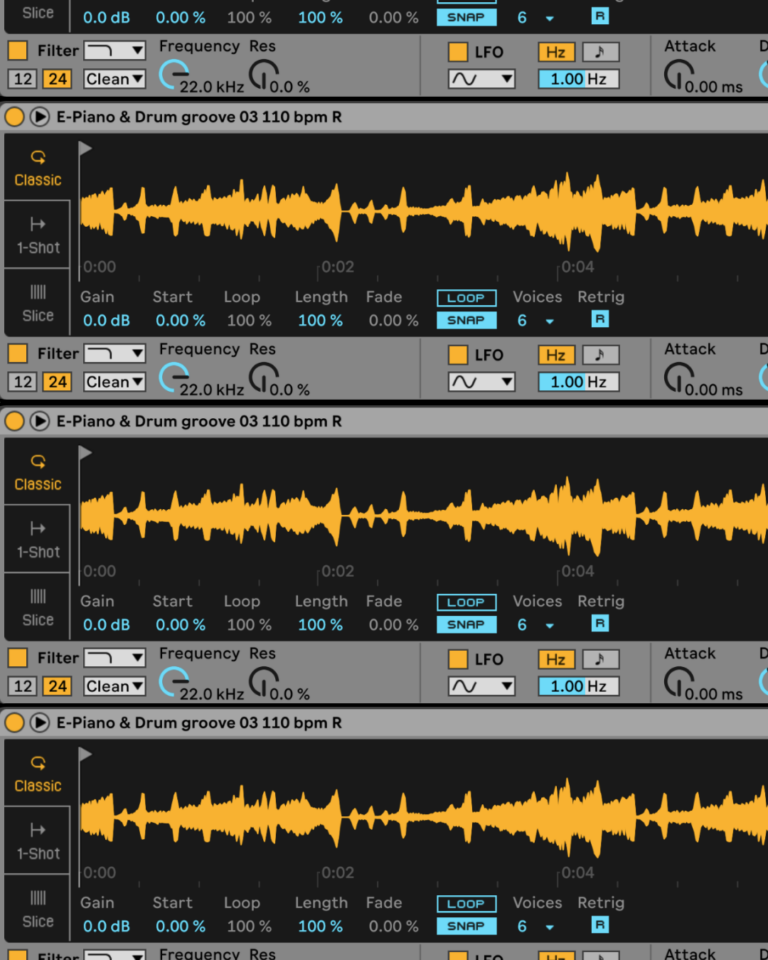
 50 Industry Music Production Tips You Must Know
50 Industry Music Production Tips You Must Know


